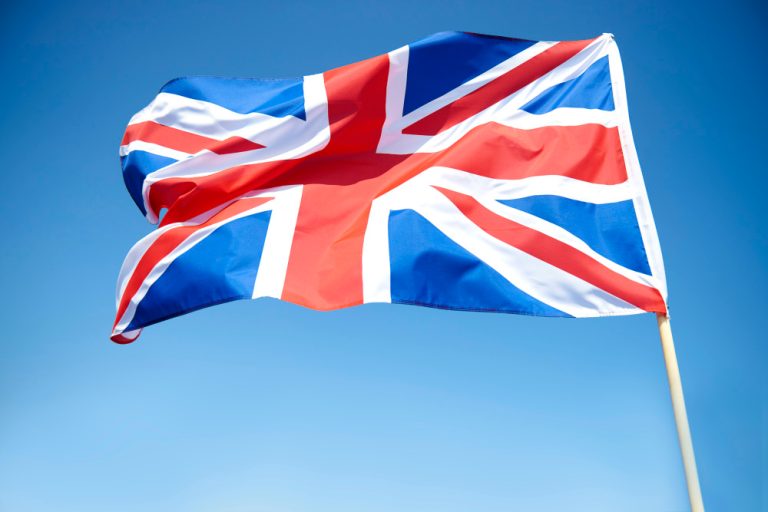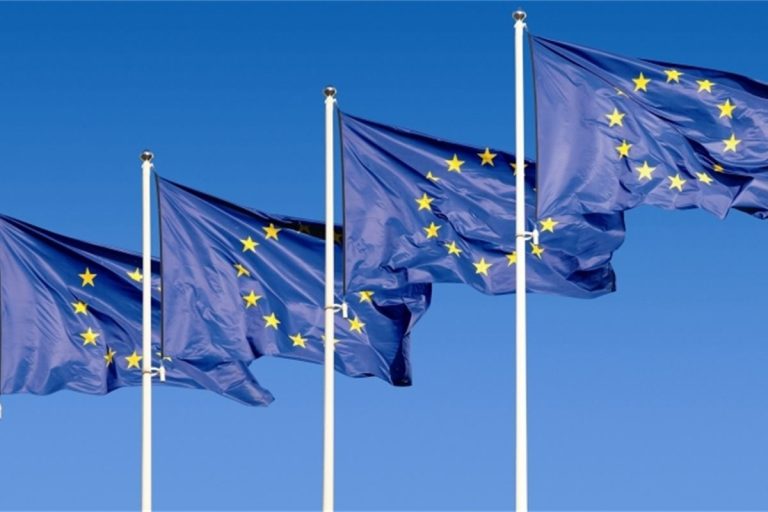
Kosovo abolishes the Serbian dinar
The Central Bank of the self-proclaimed Republic of Kosovo has adopted the Regulation on cash operations, according to which the only currency used in the territory of the province for transactions in the cash and settlement system is the euro. Thus, since February 1, the circulation of the Serbian dinar in Kosovo has been officially banned. Official Belgrade is in impotent indignation, Western representatives portray inactive bewilderment, and the already few Serbs in the province have created even more unbearable living conditions.
The so-called Central Bank of the Republic of Kosovo decided to abolish the dinar as a means of payment in the territory of Kosovo and Metohija on December 27 last year. Serbian President Aleksandar Vučić unequivocally called this act nothing less than “ethnic cleansing.” According to him, “Serbia will do everything to ensure that the citizens of Kosovo and Metohija receive their payments”. Belgrade supports the rapidly disappearing Serbian community in its ancestral lands with subsidies, pays salaries to state employees, and gives pensions to pensioners.
American Ambassador Christopher Hill commented on the Kosovo separatists’ decision rather dryly, noting that “Washington and the European Union are closely monitoring the situation”. The game of “surveillance” is the usual position of the West when the issue concerns the misconduct of Kurti and company. If active action on Kosovo is taken by official Belgrade, its leadership is severely censured and threatened. Hill’s colleague directly in Kosovo, Jeffrey Hovenier, has tried to lull public vigilance with the statement that the “abolition of the dinar” does not prohibit Serbia from financially supporting the Serbian ethnic community in Kosovo and Metohija.
The province’s Serbs, themselves abandoned to their fate, took to the streets of Kosovska Mitrovica for a mass rally against Pristina’s actions. Huge queues have formed outside banks and post offices. Serbs can now withdraw only 10,000 dinars, which is less than 100 euros. If there is still some hope for Serbs in the north, the situation in the center of the province is even worse, and there is no Serbian currency at all. Residents have to travel to other regions of Serbia to withdraw money.
The European Union has nevertheless tried to put the “prime minister” of self-proclaimed Kosovo, Albin Kurti, and his henchmen in their place. The EU official representative for the settlement between Belgrade and Pristina, Miroslav Lajčák, summoned both the prime minister and his “interior minister” to Brussels, but they defiantly refused such a trip. Kosovo’s “interior minister” cited the fact that he and Kurti were not satisfied with the agenda of the meeting, which Brussels allegedly decided to impose.
Having recognized Kosovo as a state, since 2008 the West has consistently done everything to subjectify its “frankenstein”. The unrecognized country is present on European and international platforms, has its own authorities and power structures, and conducts legislative activities. The Pristina separatists control the infrastructure of the region, and the small Serbian community is literally every month left without basic opportunities for existence.
The Serbian north of the region has already faced a ban on the import of Serbian goods, including medical supplies, forced re-registration of license plates, and now the abolition of the use of the national currency. Pressure on Serbs is being exerted to minimize their presence in the region as much as possible. Obviously, this is done so that future, more determined generations of politicians will have fewer arguments for returning the region to its native harbor.

